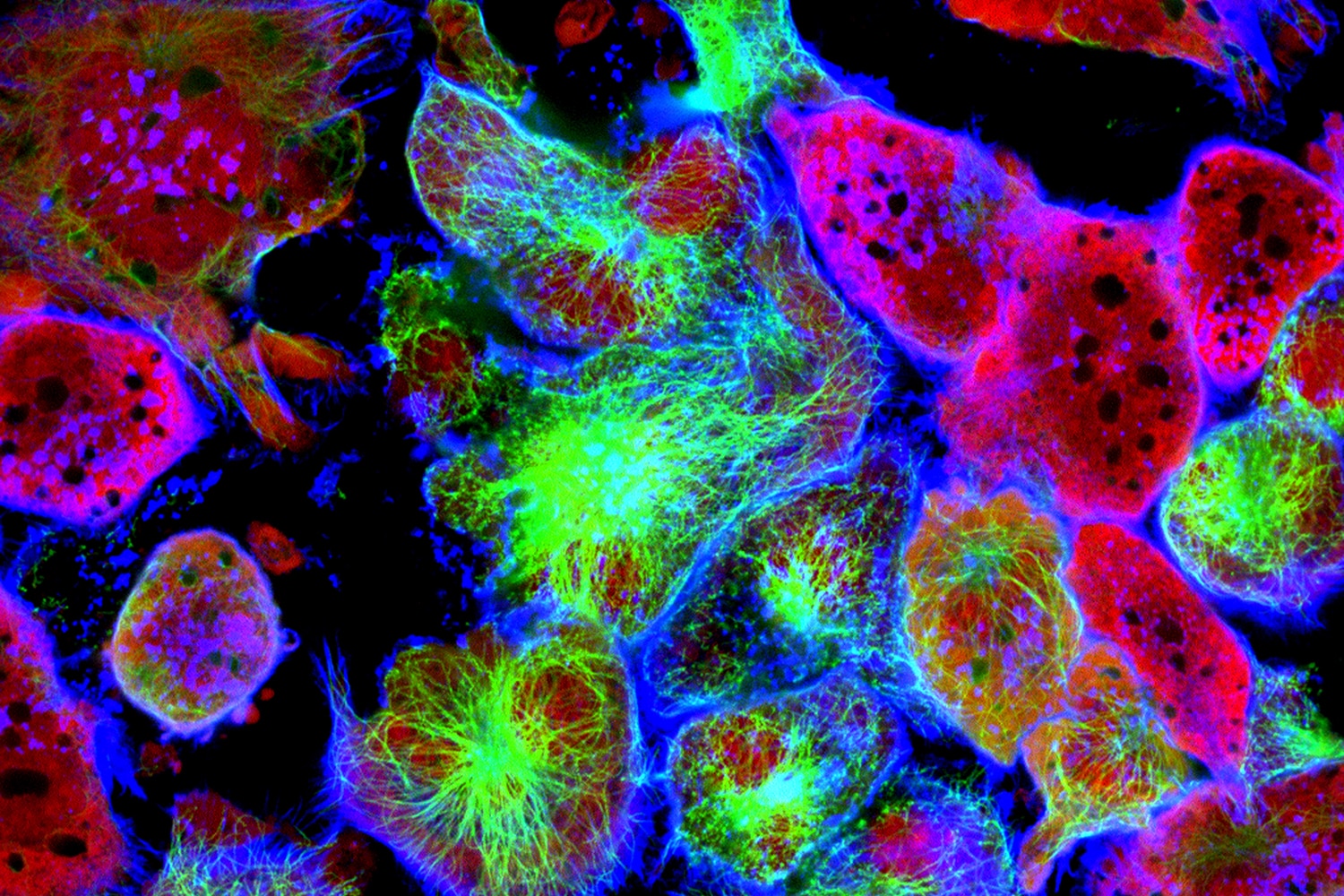I’m the digital editor of Cancer Today, and I spend a lot of time reading about cancer—on news sites, in scientific journals and on Twitter. I’m about to try something new: share some of what I’ve read with readers of our website.
Every Friday, we’ll post stories that we think are worth discussing. We’ll try to link to a mixture of stories about treatment, survivorship, healthy behaviors and reflections from cancer patients and survivors.
If you read something interesting or inspiring this week, share it in the comments.
Complications from Breast Reconstruction
Two papers published in JAMA Surgery this week discuss outcomes from various types of breast reconstruction surgeries. Two years out from surgery, one-third of patients receiving reconstruction had complications, one study shows. Patients who received expanders and then implants had a lower rate of complications than those who received reconstruction using their own tissues. However, patients who received reconstruction using their own tissues were more satisfied with their breasts and had better psychosocial and sexual well-being. “These papers aren’t saying women should have one operation or another,” Andrea L. Pusic, who was an author on both studies, told The New York Times. “They’re about filling in the blanks that aren’t always explained to women, so they know the pros and the cons and can make good decisions.”
Genetic Testing by Mail
You pay $199, spit in a tube, mail it in—and about 6 to 8 weeks later, you find out if you have any of three major cancer risk mutations in the BRCA1 or BRCA2 genes. This service, provided by 23andMe, in March became the first direct-to-consumer genetic test providing information on cancer risk to be authorized by the U.S. Food and Drug Administration. Experts are still trying to work through the implications. An NPR story published June 18 follows a woman with a family history of breast cancer who gets the 23andMe test. The test comes up negative—but does this mean she doesn’t have a BRCA mutation? Experts explain that there are many more BRCA mutations that could increase cancer risk than are covered by the 23andMe test. The three mutations tested for by 23andMe are most common in people of Ashkenazi descent. The 23andMe test could lead to false positives, as well as false reassurance, particularly in women of non-Ashkenazi descent, experts say in a viewpoint article published in JAMA June 19.
Alcohol and Cancer Risk
In January, the American Society of Clinical Oncology (ASCO) released a statement on alcohol and cancer, noting that 5.8 percent of cancer deaths globally in 2012 were estimated to be attributed to alcohol consumption. A paper published in PLOS Medicine June 19 adds to the conversation on alcohol and cancer risk. Looking at the lifetime alcohol consumption of 100,000 Americans, the researchers found that cancer risk and risk of death from cancer increased along with increased alcohol consumption. Those who engaged in light drinking—having one to three drinks weekly—had lower mortality overall than those who never drank and those who were heavy drinkers. Noelle LoConte, who was lead author of the ASCO statement, told NPR: “We’re not proponents of complete abstinence. There probably is an amount of drinking that’s OK. But from a cancer-prevention standpoint, drinking the least amount of alcohol possible would be the best strategy.”
Predicting Pancreatic Cancer
Pancreatic cancer is notoriously hard to detect. There is no routine screening test for the disease, and most people are diagnosed after the cancer has already metastasized. Preliminary research published this week explores early warning signs of pancreatic cancer. A study published June 18 in the Journal of the National Cancer Institute suggests that onset of type 2 diabetes could be a sign of pancreatic cancer. The study “suggests that patients with diabetes—new-onset diabetes in particular—and their clinicians should monitor and identify their risks for pancreatic cancer,” Zev Wainberg, an oncologist who was not involved in the study, told CNN. A study published in Nature June 20 explored peripheral tissue wasting occurring in the early stages of pancreatic cancer development. The authors say they are doing further research to determine whether peripheral tissue wasting becomes apparent before other symptoms of the disease.
For the First Time, a Checkpoint Inhibitor is Approved in China
On June 15, China approved sale of the immunotherapy drug Opdivo (nivolumab). This is the first time a checkpoint inhibitor—a type of immunotherapy drug that prompts a patient’s own immune system to kill cancer cells—has been approved in China. The drug is approved for treatment of certain patients with non-small cell lung cancer. Opdivo has been approved in more than 60 countries. The lack of availability of certain treatments in China—including checkpoint inhibitors—has caused wealthy cancer patients from the country to travel to the U.S. for treatment, which they pay for out of pocket.
Cancer Today magazine is free to cancer patients, survivors and caregivers who live in the U.S. Subscribe here to receive four issues per year.





